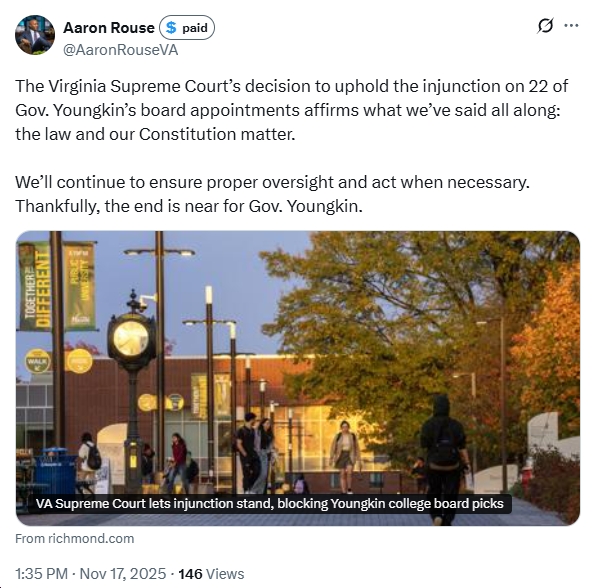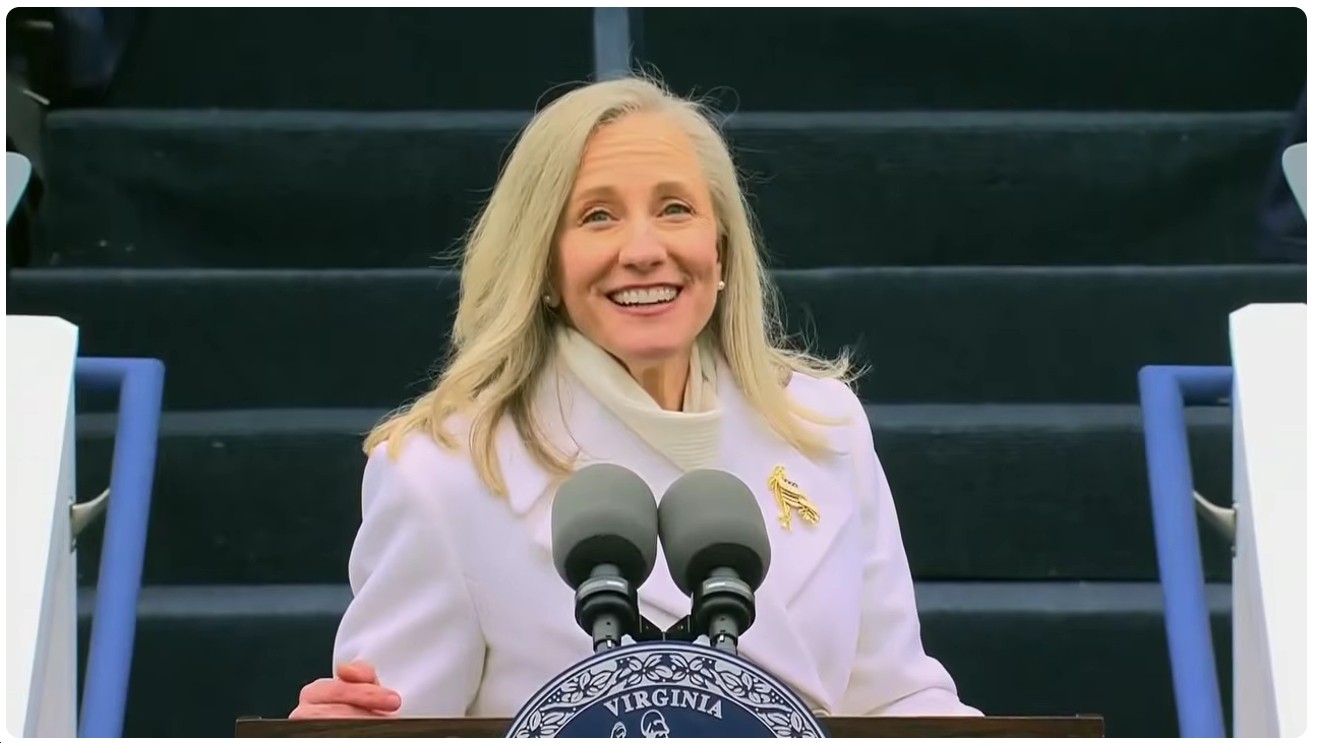( – promoted by TheGreenMiles)
 Professor Richard Bonnie of U.Va. Law presented the results of a study of mental health care at Virginia’s colleges and universities last week-and testified to the Behavioral Health Subcommittee of the General Assembly’s Joint Commission on Health Care regarding the results.
Professor Richard Bonnie of U.Va. Law presented the results of a study of mental health care at Virginia’s colleges and universities last week-and testified to the Behavioral Health Subcommittee of the General Assembly’s Joint Commission on Health Care regarding the results.
Here are some of the results:
1) Private colleges have about 70 percent more counseling staff than public colleges.
I would imagine that this is due in large part to funding issues. The Fairfax County Times wrote this month:
“Five consecutive years of state funding reductions have made Virginia’s public universities and colleges less affordable and accessible to students, according to a report released by the State Council for Higher Education for Virginia.”
I understand the constraints facing the General Assembly when trying to balance a budget, but it doesn’t seem like we should be sacrificing providing a low cost public education to Virginia students-particularly when Virginia’s colleges and universities are some of the best in the nation. Extending that, I REALLY don’t think that we should have this much of a discrepancy compared to private institutions when it comes to mental services, and I’m quite frankly surprised that the state has gotten away with it after several prominent instances of mental health issues not seeing proper care in Virginia schools over the past few years (the most obvious being the Virginia Tech shooting, but I can think of many others).
“One of the most important issues being considered in our deliberations concerns the mental health needs of students enrolled in the Commonwealth’s 23 community colleges…while access to on-campus mental health services may seem less important in non-residential colleges than in residential ones, students attending community colleges often face mental and emotional challenges equivalent to those faced by students in traditional four-year colleges, and may be even less able to cope with them without professional assistance. Nonetheless, Virginia’s community colleges are prevented by official policy from providing mental health services on their campuses.”
Mental health reform is an issue we can’t allow to just drop off the radar.
2) An average of 56 students per four-year public college and six students per private college withdrew from school during the 2008-2009 school year for mental health reasons.
Clearly, the private schools are doing much better than our public institutions.
3) During 2008-2009, there were 11 reported suicides at Virginia colleges and 86 reported attempted suicides.
4)This isn’t all bad news–it is now easier for schools to notify a troubled student’s parents of their behavior.
A clarification of federal law and changes to state law since the 2007 shootings at Virginia Tech have lessened perceived legal impediments to parental notification, according to the report.
“Public colleges notified a student’s parents because they were concerned about the student’s becoming harmful to him or herself or others a total of 68 times in 2008-09,” Bonnie said. “Private colleges did so 70 times, and community colleges six times.”
5) State lawmakers have authorized Virginia colleges to require students to provide mental health records–though only eight have used this authority.
I know there was a lot of discussion about this issue when Yeardley Love was murdered at U.Va. by a fellow student and ex-boyfriend this past Spring. My personal take is that it seems that public schools, especially ones with a fairly cohesive on-campus student body, probably should know about this sort of thing.
One problem noted by Bonnie:
“For example, most colleges report that they are not notified when a commitment proceeding involving a student is initiated by someone other than the college or when their students are admitted to or discharged from a hospital. The task forces are attempting to identify solutions to allow for improved communication in these situations.”
Bonnie’s report on progress on state mental health law reform can be found here.


![Virginia NAACP: “This latest witch hunt [by the Trump administration] against [GMU] President Washington is a blatant attempt to intimidate those who champion diversity.”](https://bluevirginia.us/wp-content/uploads/2025/07/gmuwwashington.jpg)

![[UPDATED 1/6/26] Several Upcoming Virginia Special Elections in January – for SD15, HD77, HD11, HD23, HD17; Also a Dem “Firehouse Primary” for Fairfax County School Board (Braddock District)](https://bluevirginia.us/wp-content/uploads/2026/01/montagespecialelections010226.jpg)












